AR: I think the best comedy is born out of reality, and there is a lot of reality in the movie in the sense that everyone has had a really, really bad night. This might be the worst night that you ever had, but it was never played for comedy. It was played for realism and the comedy coming out of realism, which is very much a hallmark of Marty as a director and, I think Griffin as an actor as well.
GD: It is a comedy, but it also is an entirely original way to get laughs. It hadn’t really been done. It’s kind of a genre unto itself that has been imitated or has influenced a lot of other movies since, but we always found the situations hilariously funny because it came out of real situations that were incredibly awkward and anxiety-ridden. In the earlier screenings, people had a hard time, especially when we didn’t have the ending when Paul ended up in the back of the van with no release. Sometimes it was just too much for an audience, just feeling anxious and worrying about this guy and whether he would get home or not. But I think it started a genre of anxiety-driven comedies.
In one of the interviews on the disc, you mentioned that you had talked to a young Tim Burton about directing the film. Do you remember if he had any specific ideas for how he would have done the film? Visual ideas or anything like that?
AR: Well, he directed a tiny little line-drawing cartoon called “Vincent,” which you may have seen. Griffin and I saw it and were really impressed with it. We tracked him down, and he already had a young, smart agent representing him named Bobby Thompson. We saw him at Disney, where he worked with the animators, but he also came to an apartment that I lived in that we used as an office, too, in New York. He had big art notebooks, and he had all the things he later did, “Edward Scissorhands,” and all those amazing ideas that came out of Tim’s head. And we felt that he would create a world, but we never got far enough. Partially because we couldn’t raise the money with him. Secondly, because Marty had been sent the script first, it turned out that “Last Temptation” had fallen apart, so he was interested. He was very gracious about it, but it always stayed in our minds, “What would Tim Burton’s ‘After Hours’ have been”? You know, Marty’s “After Hours” is kind of sublime and we’re thrilled that it exists in the world, but it’s fun to fantasize about what the Tim Burton film would have been.
Griffin, was there anything from the experience of working with and watching Scorsese or any wisdom you took with you when you started directing?
GD: Yeah, very much. I had never worked with a director who seemed to have so much fun directing the actors and being very loose, and letting the actors do what it took to get to where they wanted. We had takes where we had end slates where you would cut after. You would use the slate after the take was over and just start making up and improvising until you get to that place, and then you start the scene. So, that was a technique. His joy and enthusiasm for what the actors were doing. When we looked at dailies, we would hear Marty laughing in the background that the mixer would have to mix out. It was an influence to just have fun, to be completely loose and let the actors relax and if we have to do it again, we’ll do it again, because it was fun to do it the other time.

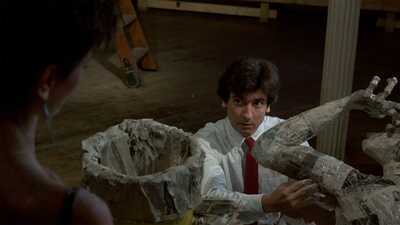
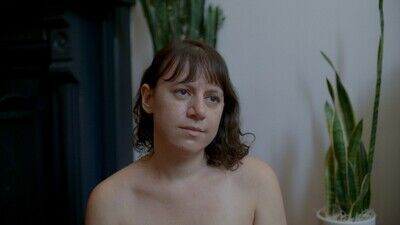
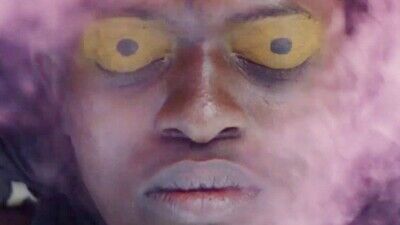
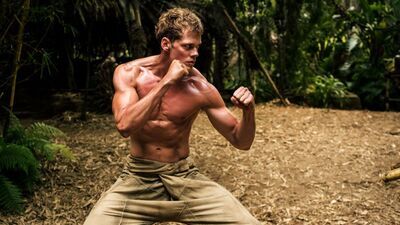
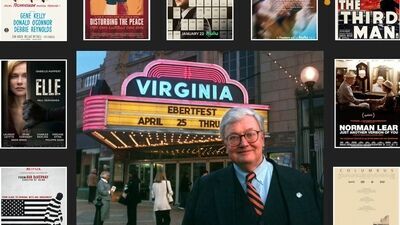
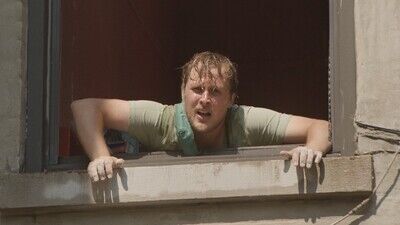
Leave feedback about this